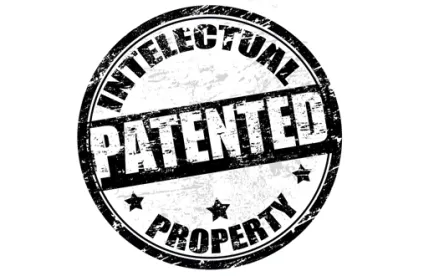Takeaway: 37 C.F.R. § 42.53 only relates to testimony taken during a testimony period set by the Board in connection with a particular proceeding.
In its Decision, the Board denied Patent Owner’s Request for Rehearing by an expanded panel of the Board’s Final Written Decision finding that claims 1-15 of the ‘482 patent are unpatentable. Thus, the Board declined to modify the Final Written Decision.
A primary basis of Patent Owner’s Request for Rehearing was the Board’s treatment in its Final Written Decision of the availability of Ryan as prior art against the challenged claims. The Board had concluded in its Final Written Decision that Ryan qualified as prior art because it was enabled before the invention date for the ‘482 patent. Patent Owner had argued that the Board had overlooked or misapprehended Patent Owner’s prior argument in this regard or made an erroneous interpretation of law, taking the position that “for a patent to serve as prior art the patent must be enabled as to its own earliest claimed effective filing date” (in this case, 1994) and not merely as of the invention date of the challenged patent (in this case, 1997). The Board replied by indicating that it had “addressed this argument in the Final Decision and additionally examined the evidence of record as to whether Ryan would have enabled one of ordinary skill in the art to make the invention without undue experimentation prior to the date of invention of the challenged patent.”
Patent Owner had also alleged that the Board had “circumvented [its] own rules in admitting the transcript of a videotaped interview with Mr. Seiichi Yamamoto, the first named author of the Yamamoto reference[,]” that had been conducted in a related district court litigation between the parties. According to the Patent Owner, the “Yamamoto transcript is inadmissible because it does not satisfy the requirements that all testimony, other than uncompelled direct testimony, must be in the form of a deposition transcript, 37 C.F.R. § 42.53(a), and that the witness shall be sworn, 37 C.F.R. § 42.53(f)(1).” The Board disagreed, noting that 37 C.F.R. § 42.53 only relates to testimony taken during a testimony period set by the Board in connection with a particular proceeding. Thus, reasoned the Board, it was appropriate for the Yamamato transcript to be entered into the record in response to “Petitioner’s motion to submit the Yamamoto transcript as supplemental information under 37 C.F.R. § 42.123(b)[.]”
The Board next turned its attention to the appropriate construction to be accorded to the “trained to the voice of the call assistant” set forth in the claims. The Board concluded that it was not persuaded that it had “misapprehended claim construction law or that Patent Owner was not provided with an opportunity to address claim construction of ‘trained to the voice of the call assistant.’” The Board also was not persuaded that it had misapprehended or overlooked any matter relating to secondary considerations issues that Patent Owner had raised.
As for Patent Owner’s request for rehearing before an expanded panel, the Board disputed Patent Owner’s characterization that the Final Written Decision had been issued with less than a full panel. Moreover, the Board found that Patent Owner’s request did not assert any accepted reasons for expanding the panel, and that “[e]ven so, the panel informed the Chief Judge, who has authority to expand a panel, of Patent Owner’s request, and the Chief Judge declined to expand the panel.”
CaptionCall, LLC v. Ultratec, Inc., IPR2013-00541
Paper 78: Decision Denying Patent Owner’s Request for Rehearing
Dated: December 1, 2015
Patent: 5,909,482
Before: William V. Saindon, Barbara A. Benoit, and Lynne E. Pettigrew
Written by: Benoit



 />i
/>i

